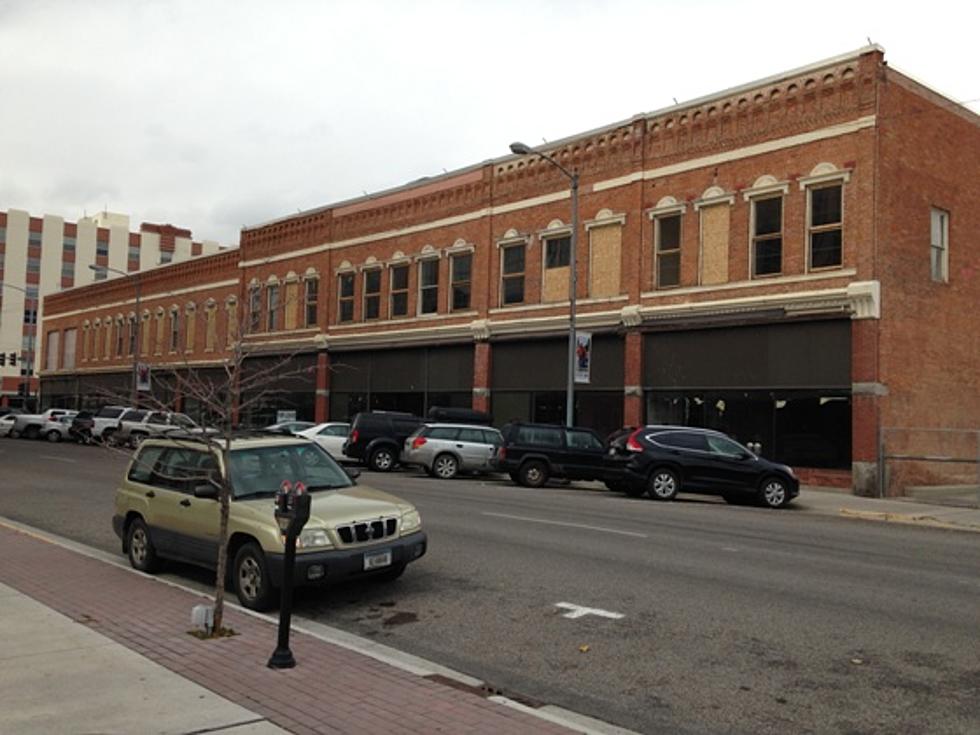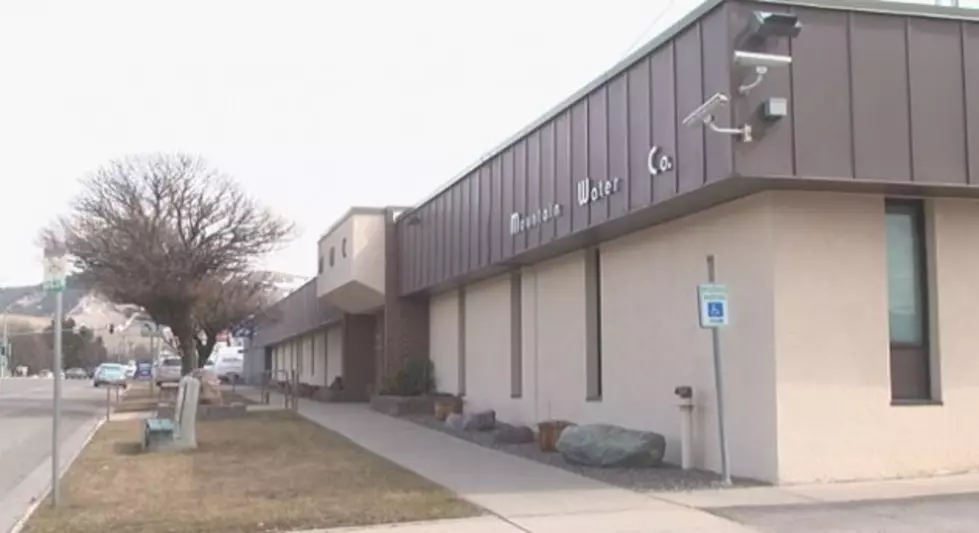
Missoula County Taxpayers Will Spend Millions To Settle Gleneagle Subdivision Lawsuit
Missoula County taxpayers will pay landowners in a failed Grant Creek area subdivision called Gleneagle a total of $2,265,000 and receive the building lots in return.
Missoula attorney Steve Carey was retained by the county to handle the lawsuit.
The subdivision dates back to the late 1970's, when over 20 investors purchased lots. In the 1980's the county ended up with the lots through the tax deed process. The county then re-deeded the lots in a settlement with two developers in 1999. One of the developers sold numerous lots, but failed to provide infrastructure and went bankrupt.
Enter now retired Judge Ed McLean, as attorney Steve Carey explained.
"The agreement that the county entered into with the two developers in 1999 should have included a condition for a security bond in case the infrastructure at the subdivision was not completed," Carey said. "So, the current county commissioners were saddled with this event that took place back in the 1990's, and as a result it ruled that Missoula County owed damages to these landowners."
Carey said there were about 22 people who paid a total of $2.4 million for the lots in 2006.
"The ultimate settlement now was $2.265 million, somewhat less than the purchase price, and the county will take the deed to the lots," he said. "The first $1.265 million will be distributed within 90 days of the signed release, and the remaining amount will be paid over the course of the next three years."
County Commissioner Jean Curtiss said, ultimately, the taxpayer will pay for the error in judgment.
"Today as we considered the budget for the county, the handouts we were given showed we'll be levying 1,05 mills for three years to pay that first payment, which is $1.265 million," Curtiss said. And what about the balance of the $2.4 million? Curtiss said with a sigh, "we have two more years to figure that out."
Missoula County Chief Financial Officer Andrew Czorny told KGVO News that the county has what is called an 'excess carrier' to handle a claim of any amount over $1 million, but since it has refused to pay, the county is planning to sue the insurer to recover the money.
Carey said the subdivision is still in existence and has sewer and water lines to the properties. It could be sold to interested parties under certain conditions.
More From KMPT-AM





![Attorney for Fired Deputy Paige Pavalone Says Case Moving Forward Before Montana Human Rights Bureau [YouTube]](http://townsquare.media/site/119/files/2016/01/Paige-Pavalone-NBC-Montana.jpg?w=980&q=75)


